Dr John Paul Gosling, University of Leeds
Applied subjectivity
In my talk, I’d like to give the case for embracing subjectivity in applications of statistics. Of course, we would like to discover the objective truth, but the burdens of doing so are beyond nearly all observational studies. The problem of moving from conjecture and hypothesis to objective truth is a discussion for philosophers of science, but we can discuss the utility of statistics in improving our knowledge about the world.
I’ll be discussing the personalistic view of probability, the effective capturing of expert knowledge and the application of Bayesian learning. I have been lucky to work in a number of disparate areas of science and will demonstrate the use of subjectivist methods in an application in human toxicology and a more-recent application in criminal sentencing.
Professor Deborah Ashby, Imperial College
A Statistician’s Adventures in Wonderland: Using Statistical Theory, Epidemiology and Clinical Trials for Public Health Impact
Statistical theory, making epidemiological observations and carrying out incisive analyses of them, and designing and carrying out elegant clinical trials are all absorbing, challenging academic activities in their own right. However, sometimes we can be left wondering ‘So what?’. Using those underpinning sciences to make a tangible difference to people’s health sometimes means going the extra mile, and venturing into worlds beyond the ivory tower.
Drawing on Deborah’s experiences from the worlds of academia, drug regulation and research funding, she will look at some examples that have made a difference, reflecting on both the scientific underpinnings, and the pathways to making an impact, as well as her personal reflections on that journey.
Dr Theo Economou, University of Exeter
The role of statistical modelling in the 21st century
In this talk I will provide a brief but hopefully interesting description of defining experiences during the trajectory from student to academic. I will also present some beliefs about the role and value of applied statistical modelling in an ever-changing era of big data, data science and artificial intelligence. In addition, a brief discussion on the complementary parts that statistics and other “algorithmic” approaches play in modern data analysis, will be presented.
Dr Tim Paulden, ATASS Sports
Tennis Forecasting 101: Models, monotonicity, and the maths of match-fixing
In this talk, Dr Tim Paulden (ATASS Sports) will introduce the classic tennis modelling challenge of converting world rankings into win probabilities, and demonstrate that a relatively new technique called SCAM (shape-constrained additive modelling) can “automatically” generate competitive predictions that respect the problem’s monotonicity constraints. Several higher-level modelling concepts will also be discussed, including the perils of overfitting. Finally, Dr Paulden will summarise ATASS Sports’ recent work on detecting match fixing in tennis, which featured in the Royal Statistical Society’s “Significance” magazine in 2016, and has since evolved into a successful PhD research project.
The talk will begin from first principles – no previous knowledge of modelling is assumed!
